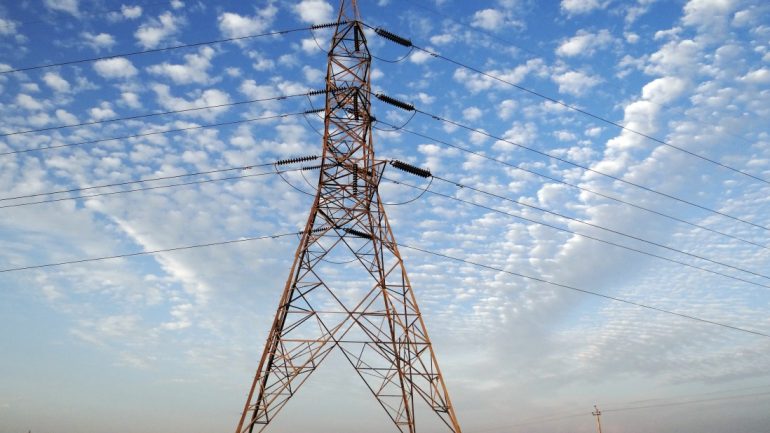News

SPI and ISEP Release Dataset Covering 10,000 Households and 2,000 Rural Enterprises
Smart Power India (SPI) and the Initiative for Sustainable Energy Policy (ISEP) have released a new dataset on electricity demand in rural India. The dataset covers 10,000 households and 2,000 rural enterprises across 200 villages in Bihar, Uttar Pradesh, Odisha, and Rajasthan. The datasets can be downloaded from Harvard Dataverse.
The primary data allows to estimate total electricity demand from different sources, ranging from the electric grid to solar home systems and diesel generators. It further provides insights into customer experiences under different electricity delivery models – public sector distribution companies (DISCOMs), solar mini-grids, and private distribution franchises. In each subfolder, there is also a notepad file describing the respective datasets.
To learn more about the data, refer to the SPI-ISEP study “Rural Electrification in India: Consumer Behaviour & Demand“.
The datasets are a freely available resource for non-commercial use, provided the following data and article citations are included:
– Shalu Agrawal; Nidhi Bali; Johannes Urpelainen; Aseem Mahajan; Daniel Robert Thomas; Sidhartha Vermani; Ryan Kennedy; Smart Power India; Initiative for Sustainable Energy Policy, 2019, “Rural Electricity Demand in India (REDI)”, https://doi.org/10.7910/DVN/1ZNLUY, Harvard Dataverse, V1.
– Shalu Agrawal, Nidhi Bali and Johannes Urpelainen, Rural Electrification in India: Customer Behaviour and Demand (Smart Power India & Initiative for Sustainable Energy Policy, 2018).
The data collection was conducted from April to June, 2018 by ISEP and the study was supported by Smart Power India and The Rockefeller Foundation.
ISEP acknowledges the leadership and core team of SPI and ISEP who directed this study and also the researchers including, but not limited to, Shalu Agrawal, Nidhi Bali, Aseem Mahajan, and Daniel Robert Thomas.
